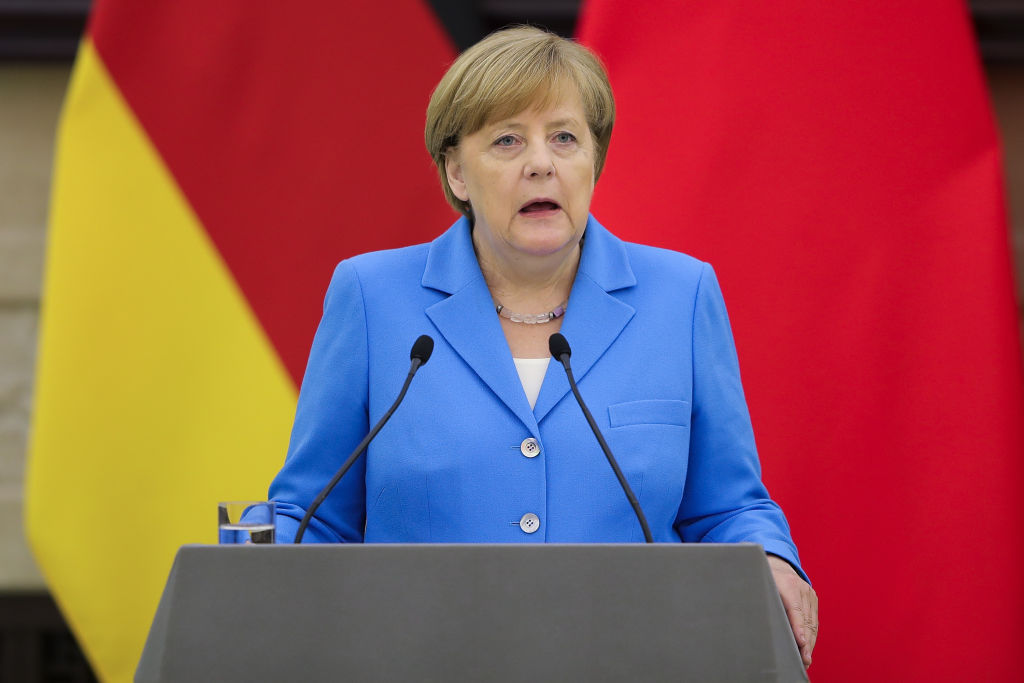As Europe weighs what course to take in the face of Beijing’s growing belligerence, it has become increasingly clear that the decision depends on Berlin. Germany is China’s most important counterpart on the continent. Unfortunately for Europe, it is equally clear that Germany’s economic entanglement with China has become so extensive that reversing it is no longer a realistic option.
Germany’s big industrial powerhouses, including Volkswagen and the engineering conglomerate Siemens, were among the first European companies that made the jump to China in the 1980s and have benefited from the unparalleled economic growth in the East. However, over the years the likes of Volkswagen and Siemens developed an unhealthy economic dependency on the Chinese market. While domestic consumption stagnated, the demographic growth and rise of the middle class at the Pacific coastline promised rising profits.
Last year alone, Germany exported nearly 100 billion euros (£92 billion) worth of goods to China, accounting for more than half of the value of all EU exports to the country.

Get Britain's best politics newsletters
Register to get The Spectator's insight and opinion straight to your inbox. You can then read two free articles each week.
Already a subscriber? Log in






Comments
Join the debate for just £1 a month
Be part of the conversation with other Spectator readers by getting your first three months for £3.
UNLOCK ACCESS Just £1 a monthAlready a subscriber? Log in